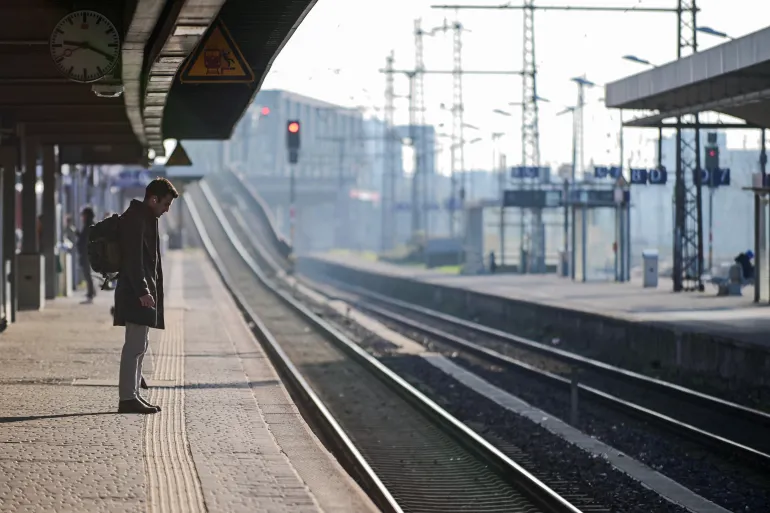In a significant disruption to daily life and the economy. Strikes have brought air and rail travel across Germany to a near standstill. This widespread action reflects deep-seated issues within the transportation sector. Has sparked a broader conversation about workers’ rights, infrastructure resilience, and the future of travel in the country. Let’s GET into the causes of these strikes, their immediate impact.The potential long-term implications for Germany’s transportation network.
The Genesis of the Strikes
Initially, the strikes were called in response to ongoing disputes over wages, working conditions. And job security within the transportation sector. Moreover, the workers’ demands highlight a growing concern over the sustainability of current practices. And the need for systemic change to ensure fair treatment and safety for all employees.
Immediate Impact on Travel
Furthermore, the immediate impact of the strikes on air and rail travel has been profound. Thousands of travelers have found themselves stranded. With flights grounded and train services suspended. Additionally, the disruption extends beyond individual inconvenience, affecting businesses, tourism, and the overall economy.
The Response from Authorities and Companies
In response to the strikes, transportation authorities and companies. They have been scrambling to manage the fallout and negotiate with unions. The situation underscores the delicate balance between operational demands. And workers’ rights, with both sides seeking a resolution that addresses the underlying issues.
Broader Implications for Germany’s Transportation Network
Moreover, the strikes have sparked a broader debate about the future of Germany’s transportation network. Questions about investment in infrastructure. The adoption of new technologies, and the shift towards more sustainable modes of travel. That are now at the forefront of discussions. Furthermore, the strikes highlight the critical role of transportation workers. In maintaining the efficiency and reliability of travel services.
Moving Forward: Seeking Solutions
Importantly, as Germany looks to move beyond the current crisis, the focus turns to finding long-term solutions. That address workers’ concerns while ensuring the resilience and sustainability of the transportation network. This will likely involve a combination of policy reforms, investment in infrastructure. And ongoing dialogue between workers, companies, and the government.
In conclusion, the strikes crippling air and rail travel across Germany serve as a stark reminder. Of the challenges facing the transportation sector. As the country navigates the immediate impact and looks towards the future. The resolution of these issues will be crucial for the well-being of workers, the convenience of travelers. And the health of the economy. The path forward of Germany requires cooperation, innovation. And a commitment to sustainable and equitable transportation solutions.
Inpired by Al-jazeera News . Read more Articles here or read previous article here.
